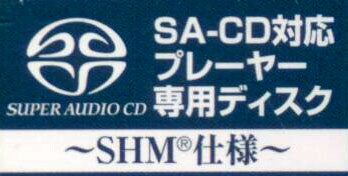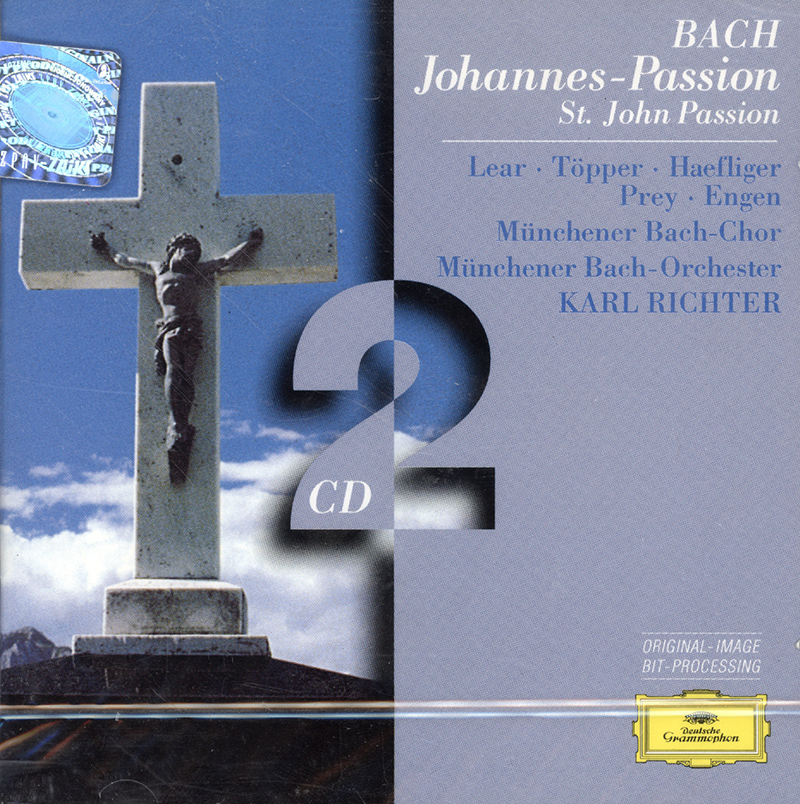Logowanie
OSTATNI taki wybór na świecie
Nancy Wilson, Peggy Lee, Bobby Darin, Julie London, Dinah Washington, Ella Fitzgerald, Lou Rawls
Diamond Voices of the Fifties - vol. 2
Tylko 1000 egzemplarzy!!!
DVORAK, BEETHOVEN, Boris Koutzen, Royal Classic Symphonica
Symfonie nr. 9 / Wellingtons Sieg Op.91
nowa seria: Nature and Music - nagranie w pełni analogowe
Petra Rosa, Eddie C.
Celebrating the art and spirit of music - vol. 3 - Pure
warm sophisticated voice...
Peggy Lee, Doris Day, Julie London, Dinah Shore, Dakota Station
Diamond Voices of the fifthies
Tylko 1000 egzemplarzy!!!
SAMPLER - STS DIGITAL, Buddy Tate, Milt Buckner, Walace Bishop
Jazz Masters - Legendary Jazz Recordings - v. 1
proszę pokazać mi drugą taką płytę na świecie!
Chesky! Niezmiennie perfekcyjny
Winylowy niezbędnik
ClearAudio
Double Matrix Professional - Sonic
najbardziej inteligentna i skuteczna pralka do płyt winylowych wszelkiego typu - całkowicie automatyczna
BACH, Evelyn Lear, Herman Prey, Munchener Bach-Orchestra, Karl Richter
Johannes-Passion - St. John Passion

Płyty SHM-CD/SACD - w ofercie Clubu CD washingtonpost.com > Arts & Living > Music » FOLLOW MUSIC ON: RSS Twitter Recordings Karl Richter's Passion For Bach By Tim Page Washington Post Staff Writer Sunday, July 9, 2006 Karl Richter's recordings of the great Bach choral works -- several dozen cantatas, the St. John and St. Matthew Passions and, above all, the B Minor Mass -- taught an entire generation how to think about this music. His approach represented a happy compromise between the weighty, Teutonic Bach espoused by such conductors as Willem Mengelberg and Otto Klemperer, and the wispier, more self-consciously scholarly interpretations of Gustav Leonhardt and Nikolaus Harnoncourt. By the time of Richter's early death in 1981, however, he was distinctly out of fashion, and many younger baroque performers considered him something of a reactionary for his less authentic use of female altos (as opposed to male altos) and 20th-century instruments and his emphasis on high drama instead of clipped dance rhythms. By now, Richter is part of history and the controversy has died down; after all, it is rarely necessary to take sides against a conductor who has been silent for a quarter-century. And yet his legacy has just taken on a hitherto unknown visual component, as Deutsche Grammophon has issued DVDs from the late 1960s and early 1970s that allow us to watch as well as listen to Richter take the Munich Bach Chorus and Orchestra through the music he understood so well. The "St. Matthew Passion" is the grandest of the interpretations here, realized with large choruses and orchestra for a sound that is almost Brahmsian. I like it very much indeed -- this is, after all, a work shot through with the most cosmic and serious ambitions -- but it may seem heavy and overblown to some listeners. Few will find fault with the soloists, though -- tenor Peter Schreier's piercingly intense Evangelist, the bass Walter Berry, the soprano Helen Donath and the mezzo-soprano Julia Hamari. The cinematography is appropriately spacious and magisterial. Much the same cast is heard in the "St. John Passion," and the musical performance is similarly wrenching. Unfortunately, the direction is wildly exasperating -- the filmmaker, one Arne Arnbom, takes any excuse to cut the camera away from the musicians and present long footage of medieval paintings and frescoes instead. Perhaps this was intended to deepen our sense of the human tragedy inherent in the score; I look upon it as a lost opportunity to present a visual record of important musicians doing their jobs. No such missteps mar the Mass in B Minor. The video representation is refreshingly straightforward and, again, the soloists are first-rate -- what a lush and resplendent soprano voice Gundula Janowitz had! With the exception of the most metaphysical passages, Richter favors steady tempos, which were once considered somewhat faster than normal and now seem almost leisurely. Nevertheless, throughout the music, there is a coiled sense of dramatic impetus that is almost Verdian in its intensity. Bach almost certainly never intended the entire Mass to be sung in a single performance, yet Richter infuses his rendition with a welling and irresistible sense of continuum. https://www.washingtonpost.com/wp-dyn/content/article/2006/07/07/AR2006070700277.html Tenor [Evangelist, arias, Servant]: Ernst Haefliger; Baritone [Jesus]: Hermann Prey, Soprano [Arias, Maid]: Evelyn Lear; Contralto [Arias]: Hertha Töpper; Bass [Arias, Petrus, Pilatus]: Kieth Engen Nicholas J. Philposian wrote (February 2, 2004): [To Rob Potharst] There are many biographies on Bach. I have a biography on Bach through letters and other documents. I also have one by Otto Bettmann which I like. Do you know of a good current biography on Bach. I am primarily interested in his years in Leipzig. I beleive his years there were very hard for him and I would like to know more. How are Albert Schweitzers and Malcolm Boyds biographies of Bach? Richter's St. John Passion is magnificant!! Neil Halliday wrote (February 2, 2004): "Richter's St. John Passion is magnificent!!" Absolutely agreed. There are two blemishes, IMO. 1. The beautiful and unique "Erwaege" tenor aria is too fast. Timing is 7.49; I would say something in the low 9's is required. (I wish we had the technology to allow the listener to select the speed, while maintaining every other parameter - not possible of course, because we would want to keep the same rate of vibrato in Haefliger's glorious voice). "Imagine, after Christ's blood-spattered body rises to Heaven and the floods of our sins subside, a beautiful rainbow as a sign of God's grace." This text gives every excuse to linger on the exquisite music, IMO. 2. The continuo in the "Zerfliesse, mein Herze, in Fluten der Zaehren" soprano aria - with its important repeated note figure (representing tear-drops?) - is too soft, in comparison with Lear's strong voice. Perhaps a more promiment bassoon, or a better balance between voice and orchestra, is required. Overall, the splendour and clarity of the choruses, the quality of the soloists, and the sympathetic treatment of the recitatives, makes Richter's recording a compelling experience. Robert Sherman wrote (February 2, 2004): IMO, Richter's SJP is more than magnificent. It is gripping, all-absorbing, draws the listener into itself in a way few performances can do. I would, though, add one other fault to the list: Evelyn Lear's singing throughout, which strikes me as harsh and screechy. There are many soprano renditions one can splice in her place, to great improvement. Nicholas J. Philposian wrote (February 2, 2004): [To Robert Sherman] Richter's SJP is gripping there is no doubt about it. I understand what you say about Lear's voice. However, the other soloist make up for it. I love the voice of Ernst Haefliger and Hertha Topper. They are outstanding! It is hard to imagine the genius of Bach. He wrote the SJP in only six weeks from Ash Wednesday to Good Friday 1724. I recently purchased some sacred music from Bruchner and I tell you nothing compares to the music of Bach--He is unmatched in music. Again, if anyone knows of a good biography of Bach let me know. Richard Sams wrote (February 3, 2004): Nicholas Philiposian wrote: < Again, if anyone knows of a good biography of Bach let me know. > I would recommend Johann Sebastian Bach: The Learned Musician by Christoph Wolff. Wolff writes very well, provides as much biographical detail as you could possibly want and, above all, puts Bach in his historical context and persuasively explains his musical development. Although Wolff clearly acknowledges Bach's genius, he is not "starry-eyed" and makes sensible judgments when evidence is lacking (as it frequently is). After reading Wolff, I have not felt the need for another Bach biography.





























